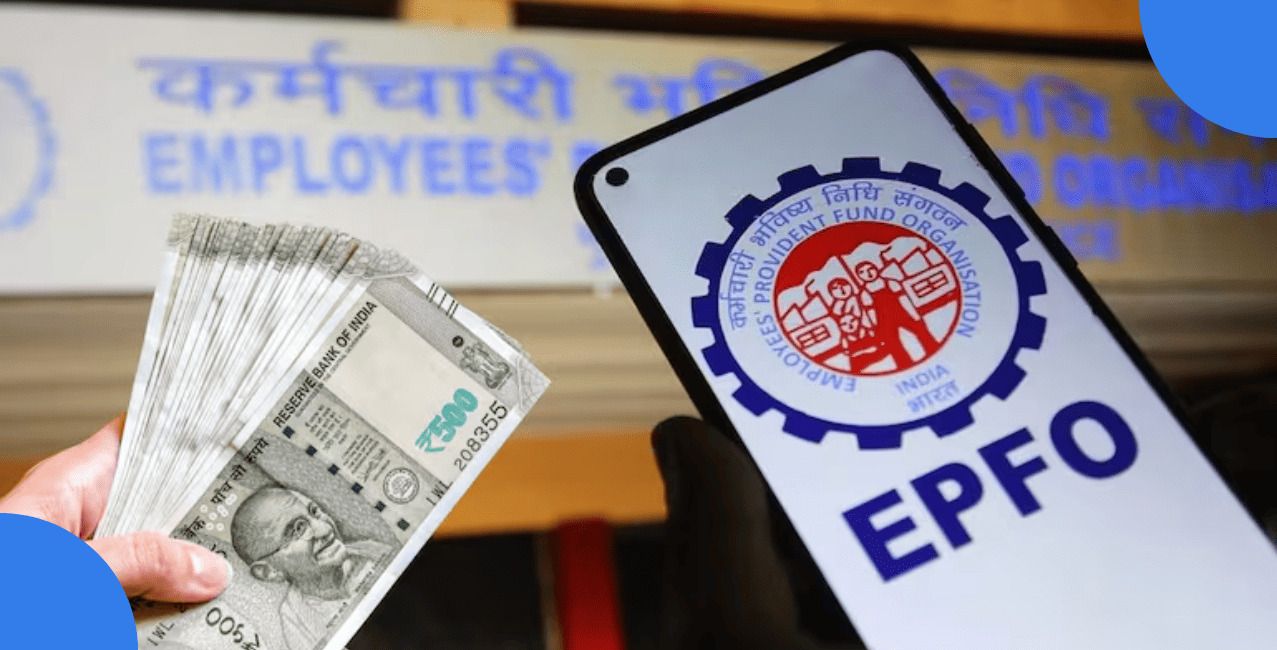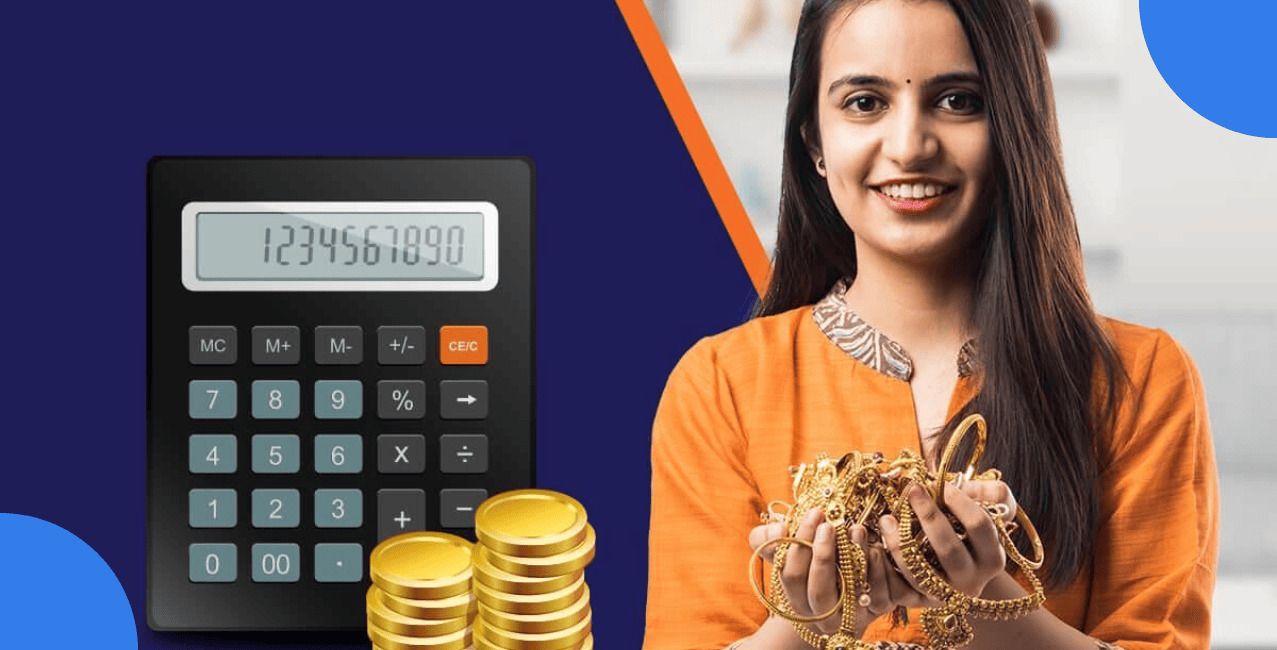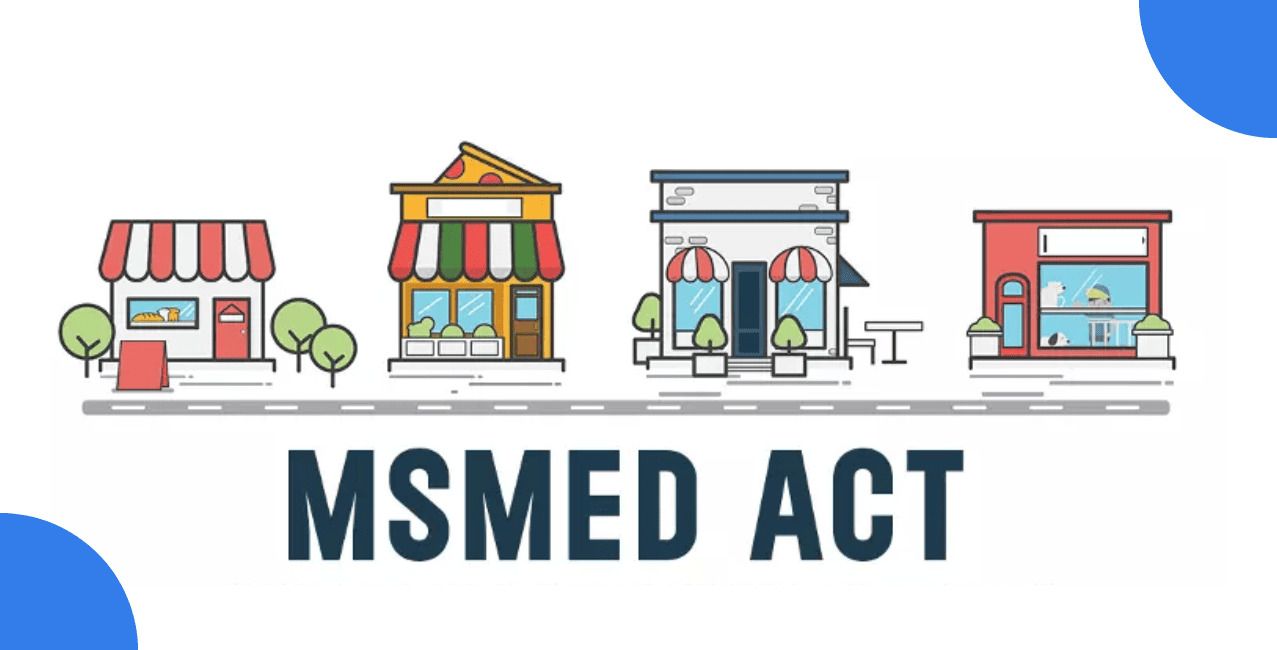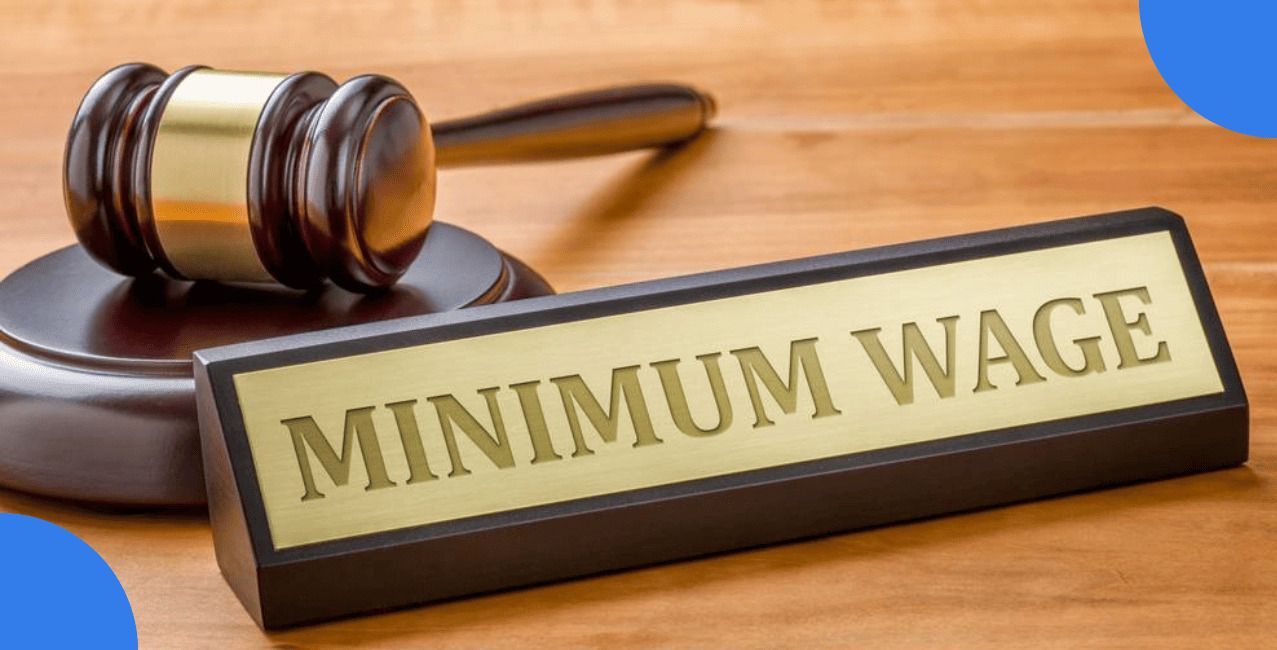The #1 Mistake That Could Destroy Your CIBIL Score – What You Must Know
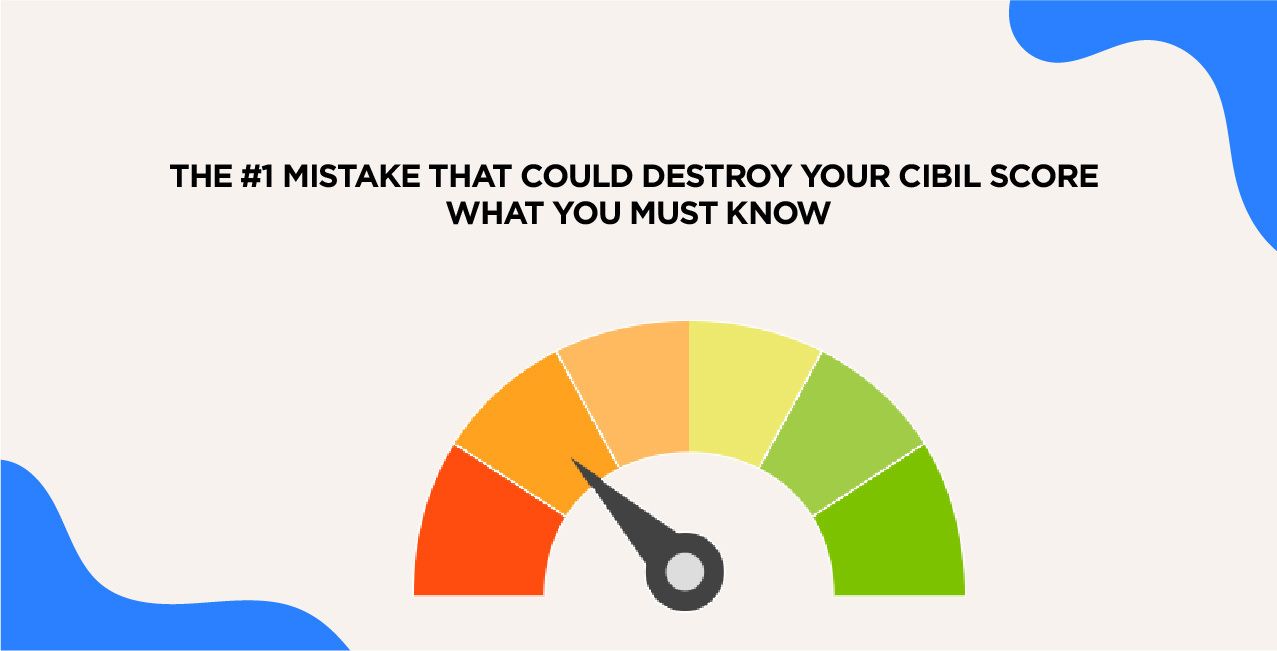
Check Your Loan Eligibility Now
By continuing, you agree to LoansJagat's Credit Report Terms of Use, Terms and Conditions, Privacy Policy, and authorize contact via Call, SMS, Email, or WhatsApp
A healthy CIBIL score is crucial for your financial well-being, but many people make errors that cost them lakhs.
A 27-year-old Delhi-based marketing professional, Neha, discovered the significance of a good CIBIL score from her experience. She received a monthly salary of ₹75,000 and distributed her income in the following manner:
- ₹2,000 EMI: Smartphone
- ₹5,000 EMI: Laptop
- ₹10,000 Credit Card Bill: Shopping & Travel
- ₹15,000 Rent: Monthly Apartment Expense
- ₹8,000 Miscellaneous: Food, OTT, and Dining
Despite this, she only paid the minimum due of ₹4,500 to ₹5,000 each month on her credit card instead of clearing the full bill. She believed her credit limit of ₹1,50,000 would provide sufficient financial protection.
What Happened Next?
- Loan Application: ₹10,00,000 Car Loan
- CIBIL Score Checked: 580 (Needed: 750+)
- Loan Rejected: The lender denied the loan because she consumed 50% of her ₹1,50,000 credit limit, which is ₹75,000.
- Interest: She accumulated ₹3,50,000 in interest payments for 3 years after her credit card dues remained unpaid.
- CIBIL Drop: From 780 to 580 in 14 months
Why Did This Happen?
Neha’s mistake? Paying only the minimum due.
Her credit utilisation ratios surged beyond 50%, her unpaid debt steadily increased, and she accumulated high interest rates ranging from 36% to 42%.
Read More – How to Fix Errors in Your CIBIL Report Fast
A few months later, her CIBIL score fell abruptly while creditors categorised her as an elevated-risk borrower. The cost? ₹3,50,000 extra in interest and a rejected car loan.
Score High, Stay Fly!
- The key to retaining a CIBIL score of 750 or above is that you should pay your entire credit card expenses instead of settling for the minimum payment.
- Your credit utilisation should remain below 30% of your available credit, which means if your limit is ₹1,50,000, you should not spend more than ₹45,000 Emptying your card balance leads to extensive late fees and outrageous interest rates.
- An excellent CIBIL score unlocks simpler loans along with better financial chances for you, so watch your credit usage carefully to avoid losing big benefits because of minor mistakes.
What Is a CIBIL Score and Why Does It Matter?
A CIBIL score from 300 to 900 demonstrates your credit value to lenders. The first step lenders take before a loan or credit card application is the CIBIL score check.
A credit score of 750 or higher increases your likelihood of approval and offers lower rates. Scores lower than 750 reduce the probability of approval and may result in a higher interest rate.
Numbers That Define Your Credit Health
- 750+ Score: Financers approve 90% of loan applications and charge annual interest rates between 8% and 10% per annum.
- 600 to 750 Score: The loan approval process requires specific income verification and bank approval policies, while the typical interest rates vary between 12% and 18% annually.
- Below 600 Score: Lenders tend to reject loans completely or maintain high rates of 24% to 36% for those who score below 600.
Example:
The following table shows a difference between the two applicants, Neha and her friend Meha, when they apply for a ₹5,00,000 loan for 5 years with distinct CIBIL scores:
Applicant | CIBIL Score | Loan Approved | Interest Rate | EMI | Extra Interest Paid |
Neha | 780 | Yes | 10% | ₹10,624 | ₹0 |
Megha | 620 | Yes (High Risk) | 24% | ₹14,696 | ₹2,50,000 Extra |
The #1 Mistake That Can Wreck Your CIBIL Score
Here it is... the biggest CIBIL score destroyer in 2025 is "Consistently Missing EMI or Credit Card Payments."
The culture of delayed payment brings severe harm to your financial profile and CIBIL score. The act of non-payment at the due date adversely altered the CIBIL score of Neha in the following manner:
Missed Payment Scenario | Impact on CIBIL Score & Finances | How Neha was Impacted |
1 Delayed Payment (30+ Days) | One late payment can cause a CIBIL fall of 50 points. | Neha skipped her ₹5,000 EMI, which decreased her CIBIL score from 780 to 730. |
3 Back-to-Back Late Payments | Continued late payments may result in a fall of more than 100 points in the CIBIL. | Neha paid late for 3 months and saw her score decrease from 730 to 620. |
90+ Days Default | Accounts that have been unpaid for 90 days or more are classified as Non-Performing Assets (NPA), which results in loan rejections. | Her ₹75,000 credit card due remained unsettled for more than 90 days, so her application for a ₹10,00,000 car loan was rejected. |
Penalty Interest | Past dues entail additional interest from 24% to 48% per year. | Neha's unpaid balance of ₹75,000 accumulated to ₹1,20,000 for 12 months against charges of 36% interest. |
BNPL (Buy Now, Pay Later): A Hidden Trap?
BNPL plans are the new trend, but are they? We unknowingly abuse BNPL and accumulate shadow debt. Missing a BNPL payment has the same effect as missing a credit card bill, and it hurts your CIBIL score and includes penalty fees.
How BNPL Can Damage Your CIBIL Score
BNPL Mistake | Effect on CIBIL Score & Finances | How Neha was Affected |
Multiple BNPL Transactions | Raises your credit utilization, lowering your score | Neha had ₹50,000 in BNPL spending across 4 sites, increasing her credit utilisation to over 50% and decreasing her CIBIL from 760 to 710. |
Skipping a BNPL Due Date | The CIBIL score dropped 50 to 75 points at a level equivalent to missed EMI payments. | Neha skipped her ₹5,000 BNPL payment to go on a shopping spree that reduced her credit score from 710 to 650. |
Carrying Forward Unpaid BNPL Balances | Late fees, penalty interest of 24% to 36% per annum | Her ₹10,000 unpaid BNPL outstanding became ₹15,000 within 12 months because of 30% interest per annum. |
Too Many BNPL Accounts | Indicates risky behaviour to lenders, impacting future loans | Neha applied for 6 BNPL accounts within a year, resulting in several hard enquiries and leading to loan rejection for a ₹5,00,000 personal loan. |
Maxing Out Your Credit Card: Danger Zone!
Exceeding 30% of your credit limit can damage your CIBIL score and financial health. Here's why:
- CIBIL Score Fall
- Paying more than 50% of your credit limit can lower your score by 50-100 points, making it more difficult to avail oneself of loans or credit cards.
- Neha's Case: An increase in Neha's usage from ₹25,000 to ₹45,000 (25% to 45% of her credit limit) caused her CIBIL score to drop from 780 points to 750 points.
- Your CIBIL score stays healthy when your credit usage stays below 30%.
2. Loan and Credit Refusal
- An institution will limit the opportunities for approval on loans and credit cards when an individual demonstrates extreme credit line usage.
- Neha's Case: When she consumed her ₹1,00,000 credit limit, this incurred a home loan decline because her CIBIL score fell to 680.
- Don't load your credit card to the maximum; raise the credit limit to budget expenses better.
3. Increased Interest Rates
- Unpaid amounts incur 36% to 48% per year in interest, making it increasingly difficult to repay debts.
- Neha's Case: She could not pay her ₹1,00,000 credit card bill, and with a 36% interest rate, her debt grew to ₹1,36,000 in just one year.
- Settling your bill before the monthly cycle ends protects you against costly interest charges.
4. Debt Cycle
- Using a maximum credit card combined with late payment issues creates a trap that keeps you in debt circles indefinitely.
- Neha's Case: Her situation worsened when she took another loan to pay off her outstanding credit card debt, along with unmanageable dues.
- Establish auto-payments or reminders to get the better of your credit card bill.
How Ignoring Your Credit Report Can Hurt You
Would you operate a vehicle without first looking at the fuel indicator? Driving blindfolded is similar to ignoring your credit report. Suspicious errors, fraudulent transactions, and unauthorized loans can damage your CIBIL score.
How Ignoring Your Credit Report Can Hurt You?
Issue | Impact on CIBIL Score & Finances | How Neha Was Affected |
Unknown Loan or Fraudulent Activity | Fraudsters can take loans in your name, damaging your score | Neha never checked her credit report and later discovered that a ₹50,000 fraudulent loan had dropped her score from 770 to 680. |
Incorrect Late Payment Entry | A single inaccurate record of late payment will result in a reduced credit score. | A system error at the bank incorrectly identified the timely ₹10,000 EMI payment as late. This mistake decreased Neha's credit score from 750 to 710. |
Unclosed Old Accounts | Outstanding loans, together with unpaid credit cards, will damage your risk evaluation score. | Neha's ₹2,00,000 personal loan continued to appear in her credit report because she did not pay back the amount. Strong credit scores did not improve lenders' perception of her loan applications. |
Multiple Hard Inquiries | Too many loan applications reduce your score | Neha's multiple credit card applications during one month generated five hard enquiries, which decreased her credit score by 50 points. |
Multiple Loan Applications: A Red Flag!
When you apply for multiple loans in a short period, you seem desperate for credit and approach the lenders as someone who is perhaps financially weak. The lender then has less to no interest in lending to you.
You are no longer a “good” or “qualified” borrower, which can either go on or even worsen your chances of being approved by the lenders. All the while, those hard enquiries are also negatively affecting your CIBIL score.
How It Affected Neha:
- Neha applied for three personal loans within two months, which led to multiple hard enquiries and, consequentially, a drop in her CIBIL score from 750 to 710.
- Lenders viewed her through the lens of all the hard enquiries instead of a stable income, which raised her risk profile and led to her applications being rejected.
- Fix It: Wait at least six months before applying for another loan application and check your CIBIL score before applying to make sure you are not negatively affected.
Debt Consolidation: A Smart Escape Plan
It converts various high-cost debts into one consolidated loan at a more favourable interest rate. The debt consolidation approach both lowers overall interest payments and simplifies your repayment plan, leading to improved credit scores when handled correctly.
Neha’s Before & After Debt Consolidation:
Before Debt Consolidation | After Debt Consolidation |
₹3,00,000 credit card debt at 36% interest | Took a personal loan at 12% interest to pay off credit card dues |
Monthly EMI: ₹15,050 | Monthly EMI: ₹6,670 |
CIBIL Score: 690 | CIBIL Score: 730 |
Struggled with high-interest payments | Lower EMIs made repayment easier |
Risk of defaulting and further CIBIL drop | Timely payments improved CIBIL to 760 in a year |
How To Fix a Low CIBIL Score?
A dropped CIBIL score can be repaired through proper actions. Here’s what you need to do:
- Pay off outstanding dues immediately to prevent further damage.
- Try to avoid taking out new loans for several months to avoid unnecessary hard enquiries.
- Negotiate with bankers for a payment plan to settle debts orderly.
- Use a secured credit card wisely to rebuild creditworthiness by making timely payments.
Also Read - How to Fix Errors in Your CIBIL Report
Top Tips to Keep Your CIBIL Score Healthy in 2025
- Timely payment of EMIs and credit card dues to prevent penalties and score erosion.
- Maintain credit utilisation below 30% to demonstrate good credit use.
- Check your CIBIL score regularly to track progress and spot errors.
- Avoid unnecessary loan requests to avoid multiple hard enquiries.
- Debt consolidation may be considered when experiencing high-interest loans to facilitate payments.
Conclusion
A high CIBIL score is not a figure—it's your financial passport. Small oversights such as missing EMIs, overspending on credit cards, or neglecting your credit report can cost you lakhs in increased interest and rejection of loans. Take a leaf out of Neha's book and control your credit health. Pay bills on time, have low credit utilisation, and check your score periodically. Remain financially savvy, and your future self will thank you!
FAQs
- How long does a missed EMI affect my CIBIL score?
For 6-12 months, frequent defaults create long-term harm.
- Can I get back my CIBIL score after a fall?
Yes! Pay dues, lower credit usage, and don't apply for loans frequently.
- How frequently should I monitor my CIBIL score?
Every three months to detect errors and track progress.
- Do BNPL payments influence my CIBIL score?
Yes, late payments reduce your score like a credit card default.
Other Informative Pages | |||
Should You Close Old Credit Cards to Improve Your Credit Score | |||
About the author

LoansJagat Team
Contributor‘Simplify Finance for Everyone.’ This is the common goal of our team, as we try to explain any topic with relatable examples. From personal to business finance, managing EMIs to becoming debt-free, we do extensive research on each and every parameter, so you don’t have to. Scroll up and have a look at what 15+ years of experience in the BFSI sector looks like.
Subscribe Now
Related Blog Post
Recent Blogs
All Topics
Contents
Quick Apply Loan
Consolidate your debts into one easy EMI.
Takes less than 2 minutes. No paperwork.
10 Lakhs+
Trusted Customers
2000 Cr+
Loans Disbursed
4.7/5
Google Reviews
20+
Banks & NBFCs Offers
Other services mentioned in this article


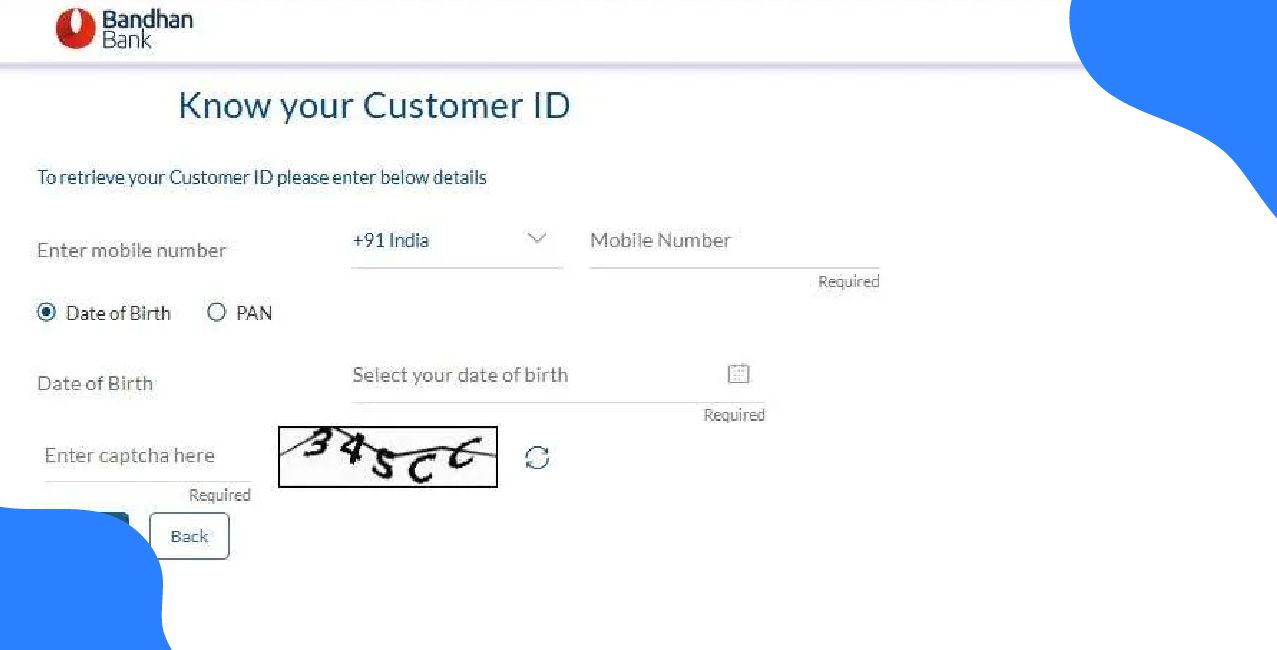
.png)
